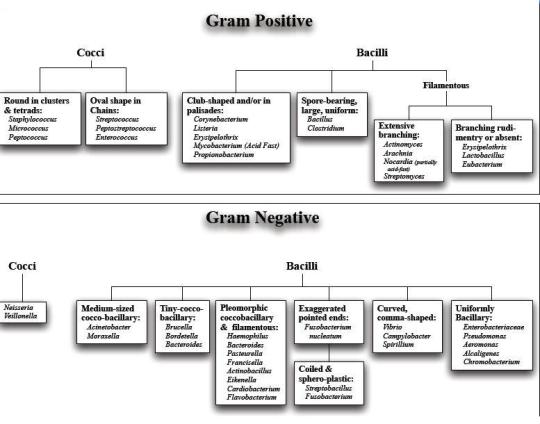
Bacteria Archaea and Eukarya. The kingdom is the broadest classification category.

The prokaryotes are classified into kingdom Monera.
What kingdom is bacteria classified in. Bacterial kingdoms are part of the classification scheme that fits bacteria into appropriate groupings based on certain criteria. The kingdom is the broadest classification category. There are two kingdoms of prokaryotes.
These are the bacteria or eubacteria and the archaebacteria or the Archaea. Bacteria are classified in kingdom monera previously. Now they are placed under The Bacteria Kingdom formerly called monera are single celled prokaryotic organisms.
Bacteria encompass two domains. Eubacteria and archaea have very different cell walls. They are also distinguished by their DNA - the DNA of archaea has histone proteins while that of eubacteria does not.
Most common bacteria are classified in the eubacteria kingdom. Traditionally all prokaryotic cells were called bacteria and were classified in the prokaryotic kingdom Monera. However their classification as Monera equivalent in taxonomy to the other kingdomsPlantae Animalia Fungi and Protistaunderstated the remarkable genetic and metabolic diversity exhibited by prokaryotic cells relative to eukaryotic cells.
Guide to the Six Kingdoms of Life Archaebacteria. Archaebacteria are single-celled prokaryotes originally thought to be bacteria. They are in the Archaea.
These organisms are considered to be true bacteria and are classified under the. Bacteria are classified in the kingdom of Monera a kingdom containing unicellular organisms which is divided into two groups - Archaea and Bacteria. Bacteria are a large group of micro-organisms.
Otherwise known as prokaryote microorgansims. They come in all different shapes and sizes however they are invisible to the naked eye. They can be.
Living things are classified into five kingdoms. Animals belong to Kingdom Animalia plants belong to Kingdom Plantae fungi to Kingdom Fungi protists to Kingdom Protista and bacteria is classified under their own kingdom known as Kingdom Monera. Bacteria are classified under the Bacteria Domain.
These organisms are generally feared because some are pathogenic and capable of causing disease. However bacteria are essential to life as some are part of the human microbiota. The organisms are classified according to the following different levels- Kingdom Phylum Class Order Family Genus and Species.
In which kingdom are the prokaryotes classified. The prokaryotes are classified into kingdom Monera. There are two other kingdoms including prokaryotes- Eubacteria and Archaea.
Bacterial kingdoms are part of the classification scheme that fits bacteria into appropriate groupings based on certain criteria. The kingdom is the broadest classification category. There are two kingdoms of prokaryotes.
These are the bacteria or. Haeckels system was not widely accepted however and microorganisms continued to be classified as plants for example bacteria and fungi or animals for example protozoa. Nucleated and anucleated organisms were kept together in protists.
Heterotrophic bacteria and fungi placed along with autotrophic algae. All life can be classified into three domains. Bacteria Archaea and Eukarya.
Organisms in the domain Eukarya keep their genetic material in a nucleus and include the plants animals fungi and protists. 36 Related Question Answers Found. Some bacteria are parasites and others live as symbionts.
Some monerans like Archaebacteria can live in extreme environmental conditions like absence of oxygen anaerobic high salt condition high temperature like 80 0 c or above and highly acidic soils. This kingdom includes eukaryotic unicellular mostly aquatic cells. Until recently all bacteria were grouped together in one kingdom five kingdom system.
This was because their cell structure was similar. The five-kingdom system is divided into animal plant fungi protist and monera. The monera kingdom is made up of two groups called phyla.
In what two kingdoms are the bacteria classified. What are the different types of bacteria classified in the kingdom Monera. Once regarded as plants constituting the class Schizomycetes fission fungi bacteria are now classified as prokaryotes.
Unlike cells of animals and other eukaryotes bacterial cells do not contain a nucleus and rarely harbour membrane-bound organelles.